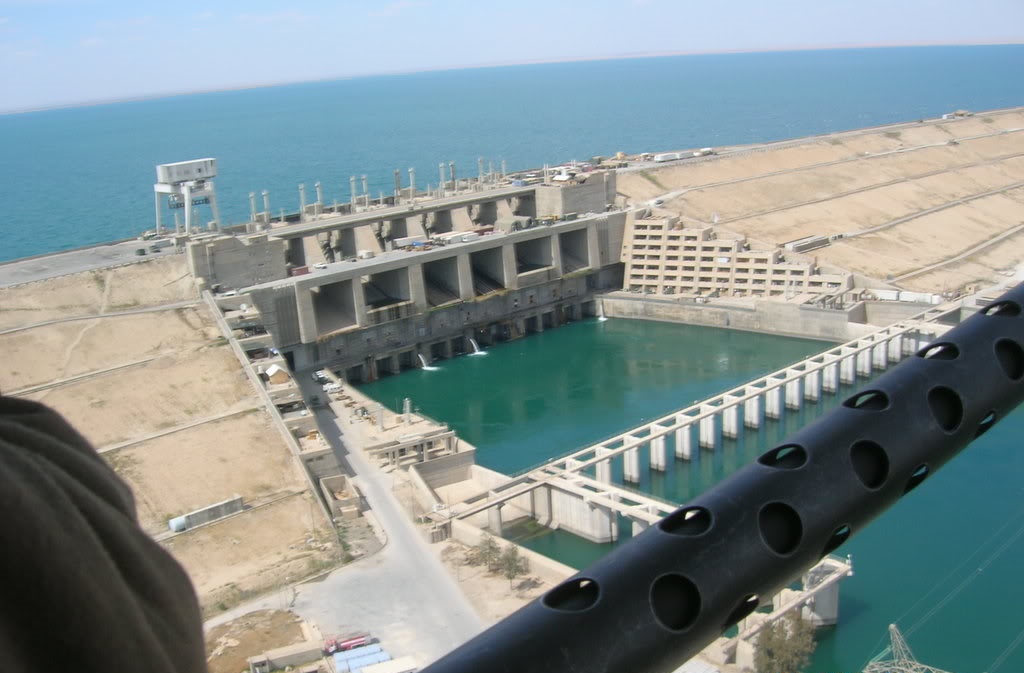Euphrates river | Low water level threatens Syria’s food production and service projects on the river
The water level of Euphrates river has recently attained unprecedented low levels. Part of the river has been transformed into swamps, coinciding with the cultivation of large areas of summer and strategic crops, relying on the river’s water availability.
This year’s agricultural plan in Al-Raqqa countryside included about 35% of the agricultural land area.
Farmers also grow vegetables that feed the markets of cities in the areas of “Self-Administration”, forage and oily grains, maize, sunflowers, etc.
On the other hand, farmers complain about water shortages and the additional burdens and costs to extract and draw water over long distances, after cultivating already large areas.
According to local sources, the disruption of water was caused by Turkey’s construction of a huge dam inside its borders.
The Euphrates river originates from the Taurus mountains in Turkey and enters Syria from the Jarabulus region, passing through the city of Al-Thawra, Raqqa, Deir ez-Zor and Al-Mayadeen to Al-Bukamal in the far east of Syria at the border with Iraq.
The areas controlled by SDF in Deir ez-Zor, Raqqa, Hasaka and Aleppo countryside are critical for Syria’s food production, due to the fertile agricultural land areas on both banks of the Euphrates River, and the expansion of agricultural irrigation projects in that area.
Residents of the “Self-Administration” areas complain about electricity rationing and power outages in some areas, due to the low water level at Tishreen dam in Raqqa countryside, as well as the failure of some of the turbines.

